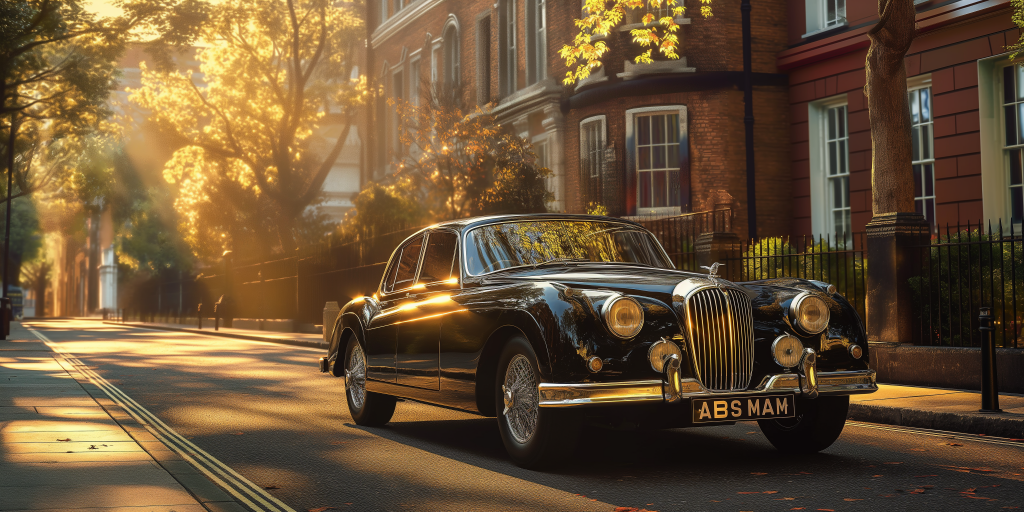Owning a classic car in the UK is a dream come true for many enthusiasts. These vehicles are not just modes of transportation but pieces of history, embodying the elegance and engineering of a bygone era. However, to keep these cherished cars roadworthy and legal, it is crucial to understand the MOT (Ministry of Transport) regulations that apply to them.
This comprehensive guide will walk you through everything you need to know about MOT requirements for classic cars, ensuring you can enjoy your classic ride while staying compliant with UK laws.
What is an MOT?
The MOT test is an annual examination designed to ensure that vehicles meet the necessary road safety and environmental standards. For most vehicles, this test becomes mandatory once they are three years old. The primary purpose of the MOT is to check various components of the vehicle to confirm that they are in good working order and safe for use on public roads. However, classic cars have specific exemptions and regulations that owners must be aware of.
Key Points to Understand
1. Exemption Criteria
Age of the Vehicle: Classic cars over 40 years old are generally exempt from the MOT test. This exemption is part of the government’s effort to reduce the regulatory burden on the owners of historic vehicles and to help preserve these important pieces of automotive history. To be eligible for this exemption, the vehicle must have been registered more than 40 years ago.
Substantial Changes: To qualify for the exemption, the classic car must not have undergone substantial changes in the last 30 years. Substantial changes refer to significant modifications that alter the vehicle’s original characteristics, such as changes to the chassis, body, axles, or engine. The vehicle might still require an MOT test despite its age if these modifications have been made. The intent is to maintain the vehicle’s historical integrity while ensuring it remains safe and reliable.
2. Voluntary MOT Testing
Opting for Safety: Even if your classic car is exempt from the mandatory MOT test, you can choose to have it tested voluntarily. Opting for an MOT test can provide peace of mind, ensuring that your vehicle meets safety standards and is in good condition for the road. This is especially important for older vehicles, which may have issues that aren’t immediately apparent but could pose safety risks.
Maintaining Value: Regular MOT tests can also help maintain the value of your classic car. Potential buyers often appreciate documented proof that the vehicle has been kept in good condition, and a history of regular MOT tests can be a significant selling point. This documentation can provide assurance to prospective buyers that the car has been well-maintained and is safe to drive.
3. Regular Maintenance
Routine Checks: Whether exempt from MOT or not, classic cars require regular maintenance to ensure they remain safe and reliable. Regularly checking brakes, lights, tyres, and other essential components is recommended. These checks help catch issues early before they become more significant problems, thus preserving the vehicle’s functionality and safety.
Specialist Mechanics: Using mechanics specialising in classic cars is often beneficial. These professionals have the expertise to handle the unique needs of older vehicles, ensuring they receive the care and attention they require. Specialist mechanics can also source the correct parts, which might be difficult to find for classic models. Their familiarity with classic cars means they can often diagnose and fix problems more efficiently and accurately than general mechanics.
4. Historical Vehicle Tax
Tax Exemption: In addition to the MOT exemption, vehicles over 40 years old are also exempt from vehicle tax. This tax exemption makes it more affordable to maintain and preserve classic cars, reducing the financial burden on owners. To qualify for this exemption, the vehicle must meet the age criteria and must not be used commercially. The aim is to support the preservation of historic vehicles while acknowledging their limited use compared to modern cars.
5. Insurance Requirements
Specialist Insurance: Classic cars often require specialist insurance policies. These policies are tailored to account for the vehicle’s value, its usage, and the fact that they are often driven less frequently than modern cars. Specialist insurance typically offers agreed value cover, ensuring that if the car is written off or stolen, the payout reflects its true value rather than the market value.
Limited Mileage Policies: Many classic car insurance policies come with limited mileage clauses, reflecting the typical use of these vehicles. Limited mileage policies can be more affordable, as they assume the car will be on the road less often, reducing the risk of accidents. These policies recognise that classic cars are often driven primarily for enjoyment rather than as everyday vehicles.
6. Documentation and Records
Keep Records: Maintaining thorough records of any work done on the car, including maintenance, repairs, and modifications, is essential. This documentation is crucial for insurance purposes and helps maintain the vehicle’s value. Detailed records provide a history of the car’s care and can be invaluable when it comes time to sell or insure the vehicle.
Restoration Logs: If your classic car has undergone restoration, keep detailed logs of the process. These logs should include photographs, receipts for parts and labour, and any other relevant information. Restoration logs can significantly enhance the car’s value and appeal to potential buyers. They provide a comprehensive history of the work done, demonstrating the effort and care invested in the vehicle.
Final Thoughts
Classic car ownership is more than just a hobby; it’s a passion that involves dedication and meticulous care. Staying informed about MOT regulations and adhering to maintenance best practices ensures that your classic car remains in top condition, safe to drive, and compliant with legal requirements. Whether you take advantage of the MOT exemption or opt for regular voluntary testing, being proactive about your vehicle’s upkeep will enhance your enjoyment and preserve its value for years to come.
By following this guide, you can confidently navigate the complexities of MOT regulations, ensuring your classic car continues to be a source of pride and pleasure on the UK’s roads. Enjoy the journey of owning a piece of automotive history, knowing that you are taking the necessary steps to keep it safe and legal.









































